Electrical systems are vital to the smooth operation of any commercial environment. From lighting and heating to powering essential equipment, a reliable electrical system is fundamental to maintaining productivity and ensuring safety. However, electrical failures can lead to costly downtime, safety hazards, and damage to equipment. Therefore, preventing electrical failures is crucial for businesses of all sizes.
1. Regular Inspections and Maintenance
One of the most effective ways to prevent electrical failures is through regular inspections and maintenance. Schedule periodic inspections with qualified electricians who can assess the condition of your electrical systems. During these inspections, professionals will check for signs of wear and tear, identify potential hazards, and ensure that all components comply with current regulations.
Maintenance tasks may include tightening connections, replacing worn-out components, and testing circuit breakers. By addressing minor issues before they escalate into significant problems, businesses can avoid unexpected failures and costly repairs.
2. Implementing a Preventive Maintenance Plan
A preventive maintenance plan is an essential tool for managing electrical systems in commercial environments. This proactive approach involves scheduled maintenance activities based on the manufacturer’s recommendations and industry best practices.
Key components of a preventive maintenance plan include:
- Routine testing: Conduct regular tests of all electrical equipment, including lighting, wiring, and appliances, to ensure they operate correctly.
- Documentation: Keep detailed records of maintenance activities, inspections, and any repairs made to the electrical system. This documentation helps identify patterns and informs future maintenance strategies.
- Training staff: Educate employees about the importance of reporting any electrical issues immediately. Empowering staff to recognise potential problems can help catch issues early, reducing the risk of failure.
3. Upgrading Outdated Systems
Older electrical systems may not be equipped to handle the demands of modern technology, leading to potential failures. If your commercial space has outdated wiring, circuit breakers, or electrical panels, consider upgrading to more efficient and safer options.
Modern electrical systems can offer enhanced safety features, improved energy efficiency, and greater capacity for handling electrical loads. Investing in upgrades can prevent failures caused by overloading circuits or equipment, ultimately saving money in the long run.
4. Ensuring Proper Load Management
Proper load management is critical to preventing electrical failures in commercial environments. Overloading circuits can lead to overheating and potentially cause electrical fires.
To manage electrical loads effectively, businesses should:
- Conduct load assessments: Regularly evaluate the electrical load requirements of all equipment and systems. This assessment ensures that circuits are not overloaded and can handle the necessary capacity.
- Distribute loads evenly: Ensure that electrical loads are distributed evenly across circuits. This strategy prevents any single circuit from becoming overloaded and reduces the risk of failures.
- Upgrade circuits as needed: If load assessments indicate that current circuits cannot handle the demands of your equipment, upgrade them to accommodate higher loads safely.
5. Implementing Safety Measures
In addition to regular maintenance and upgrades, implementing safety measures is essential for preventing electrical failures.
Businesses should consider the following safety practices:
- Use surge protectors: Installing surge protectors helps safeguard electrical equipment from voltage spikes, which can cause damage and lead to failures.
- Install residual current devices (RCDs): RCDs are designed to detect faults in electrical systems and disconnect the power supply, preventing electric shock and fire hazards.
- Maintain clear access to electrical panels: Ensure that electrical panels are easily accessible for quick maintenance and emergencies. Keeping the area around panels clear prevents accidents and allows for efficient troubleshooting.
Preventing electrical failures in commercial environments requires a proactive approach that includes regular inspections, preventive maintenance, system upgrades, proper load management, and implementing safety measures. By prioritising electrical safety and reliability, businesses can minimise the risk of costly downtime and create a safer working environment for employees and customers alike. Investing in these strategies not only protects your equipment and property but also enhances overall productivity and profitability. Contact us for more information.


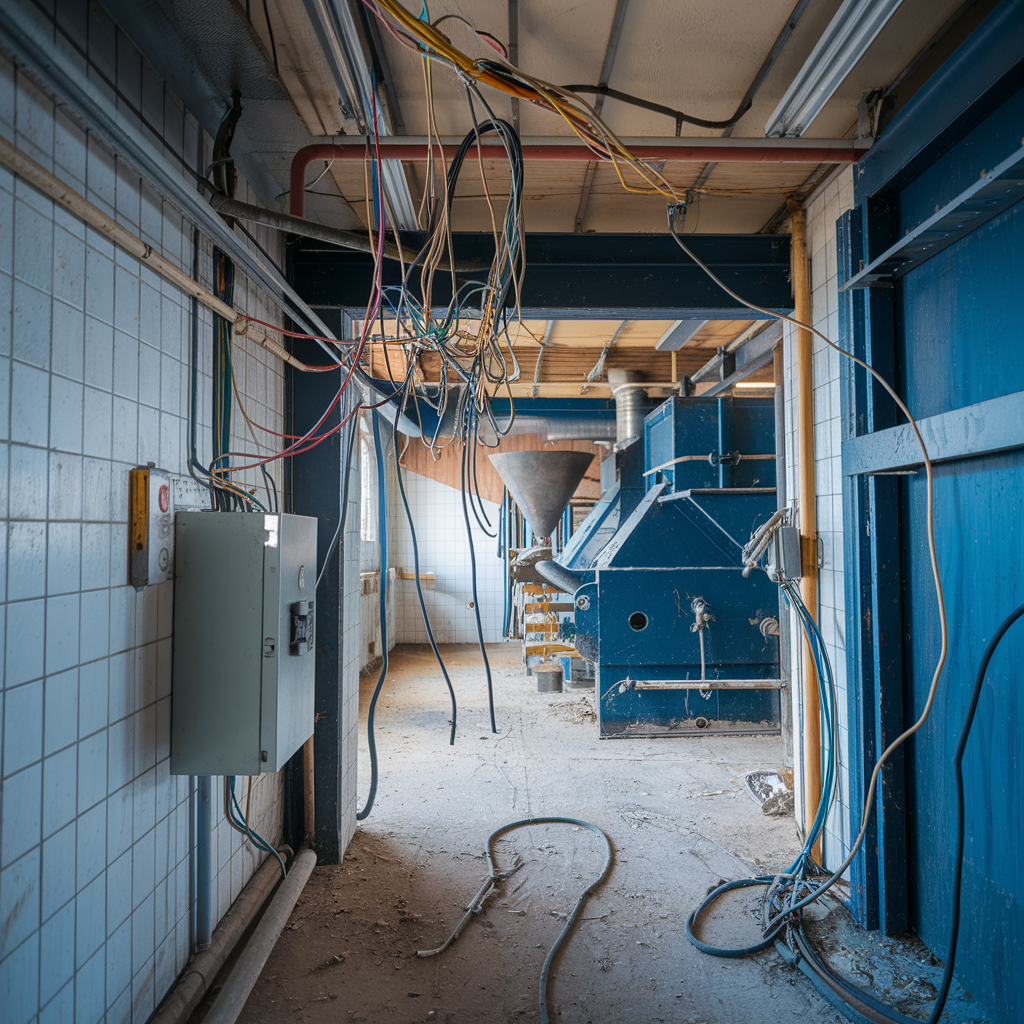
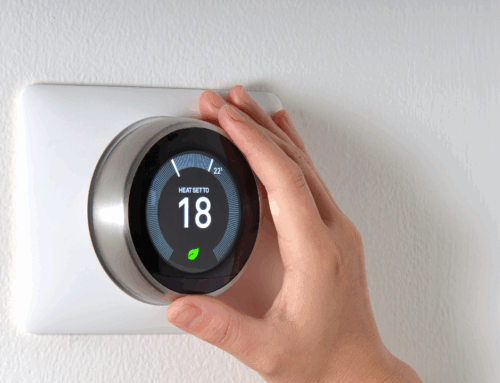
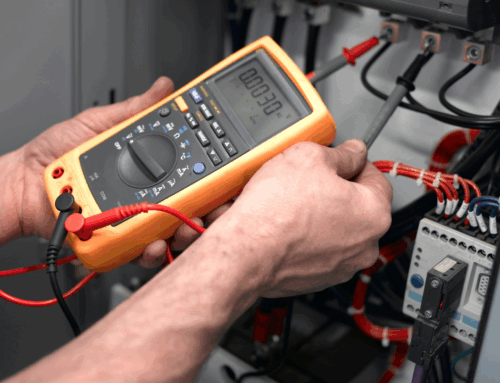
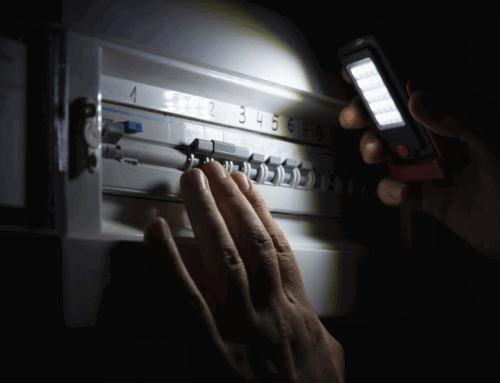
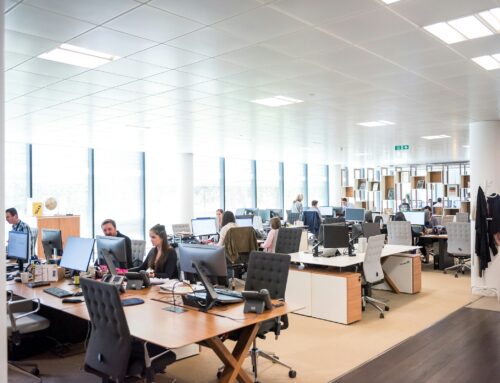
Leave A Comment